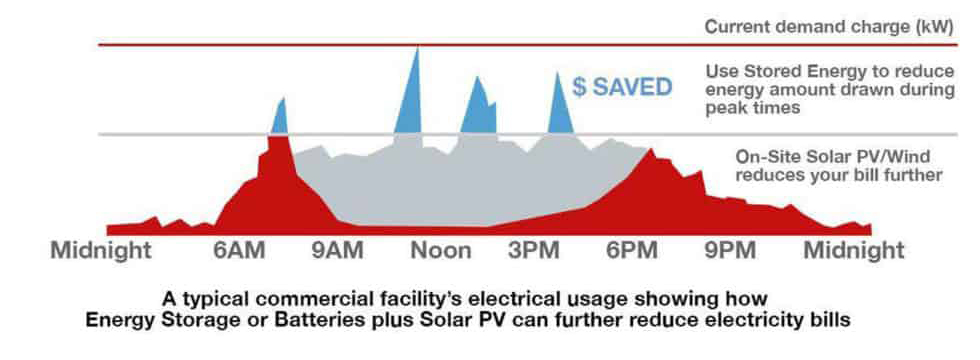Energy Management. What is it and why is it important?
Originally published 11/14/2014
Quite simply, “Energy Management is the process of monitoring, controlling and conserving energy in a building, organization or home.” The importance of energy savings stems from the global need to save energy. The global need affects energy prices, emissions targets, and legislation. Collectively if we reduce our energy use we reduce the damage to our planet and reduce our dependence on fossil fuels. And, ultimately, the process of managing energy use results in managing and saving money – Saving Big Money. So, how do you get started?
- The first step is to gather information or collect data.
Your energy bill has quite a bit of information that is shared with you on a monthly basis. You can see how many kWh’s of energy your business or home uses every month. In addition, a phone call to your power company can enable you to ask for a report of your business’s 15 minute demand data and peak usage times. Reduction of peak energy can really make a difference on your company’s bottom line. Collect data with an interval metering system that automatically measures and records energy consumption. These systems measures how much energy you’re using at different times of the day, or on different days of the week. Seeing these patterns makes it much easier to find routine waste in your building and peak usage times. - Use the collected data to find opportunities to save energy and estimate how much energy each opportunity can save.
There are opportunities for energy savings by replacing faulty equipment on HVAC systems, retrofitting to LED lighting or upgrading your building’s insulation. Additionally, there is the potential for huge energy savings if a plan for Demand Response (DR) is put in place. Deliberate load reductions during times of peak demand or high market prices can really impact a business bottom line. We can help determine if you are eligible for utility rebates/incentives through your utility company and handle the paper work. If you feel you could benefit from a Demand Response system please give us a call, we can help you identify your potential cost savings. - Take action by tackling routine waste and/or upgrading inefficient equipment.
It’s important to raise energy awareness in the office setting and at home; Turn off lights, unplug appliances, upgrade to LEDs, use Energy Star appliances, install a DR system in your commercial building. - Track your energy-saving progress by analyzing your meter data to see how well your efforts have worked.
Energy Management is an on-going process and data should be reviewed at least once a month.
When you manage your energy your home and company benefits by:
- Reducing Costs.
- Reducing Carbon Emissions. Reduction of a Carbon Footprint promotes a green company image and sustainability.
- Reduce Risk. The more energy you consume the more vulnerable you are to energy price increases and supply shortages that effect your bottom line.
Our staff of Engineers, NABCEP Certified PV Installers, Certified Electricians, and Contractors can help you determine the best way to manage your energy at your residence or commercial building. Let us help you manage your energy so you can better manage your money.

